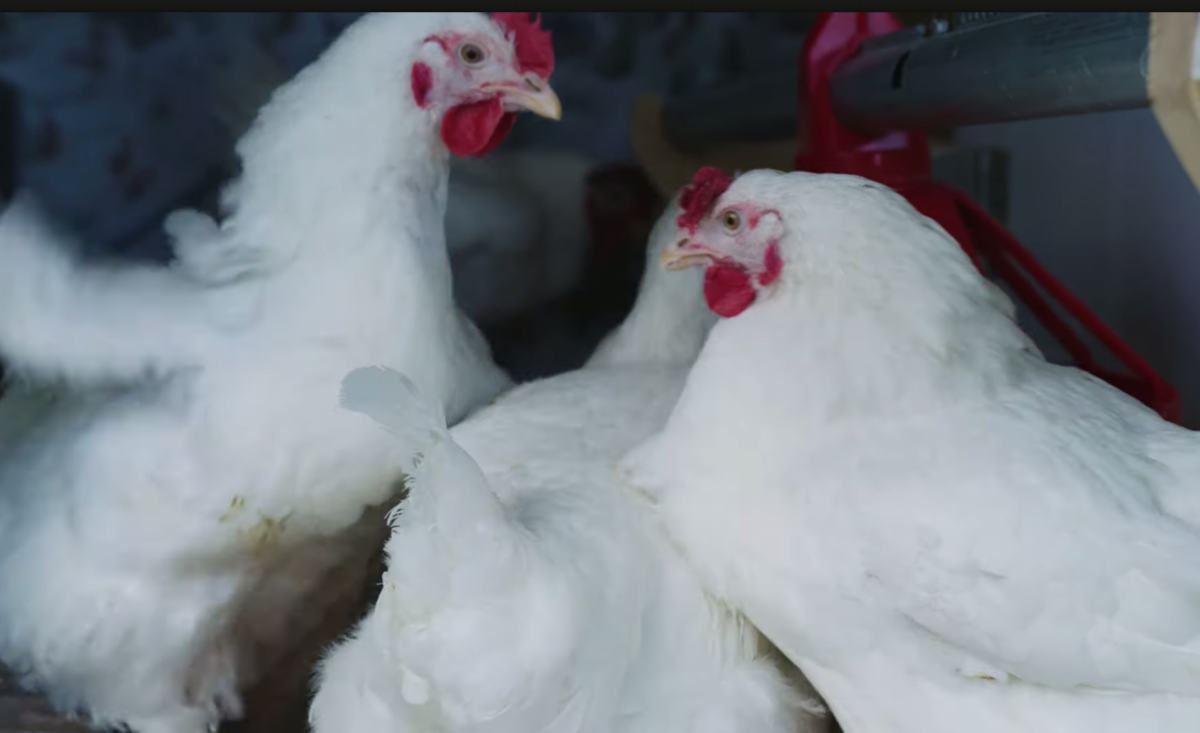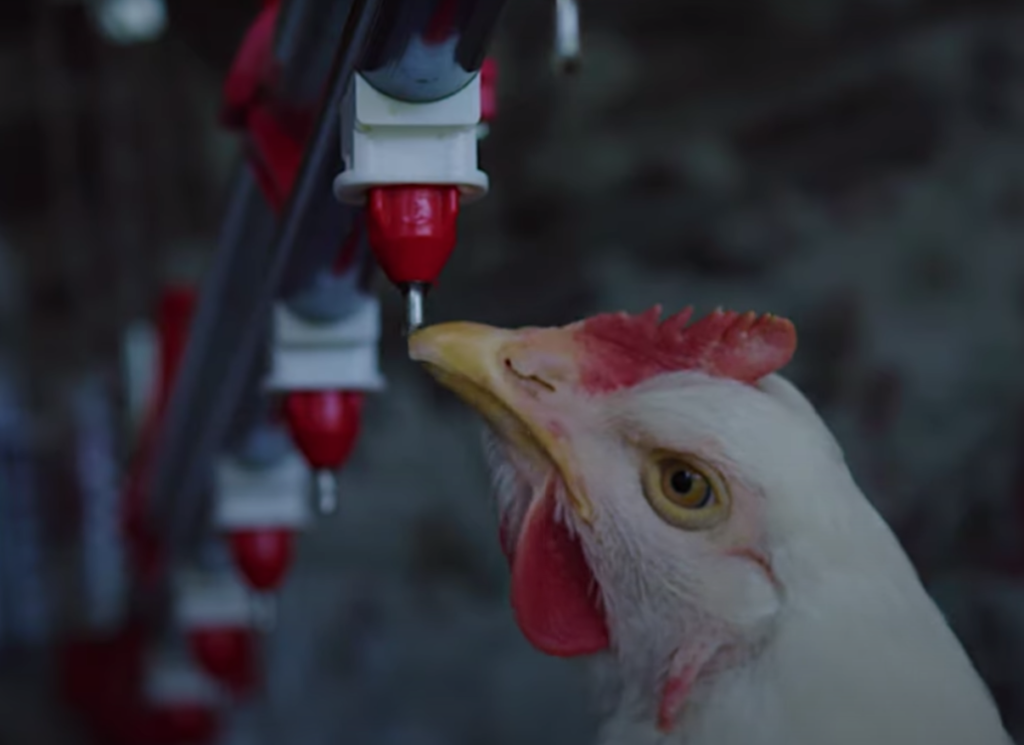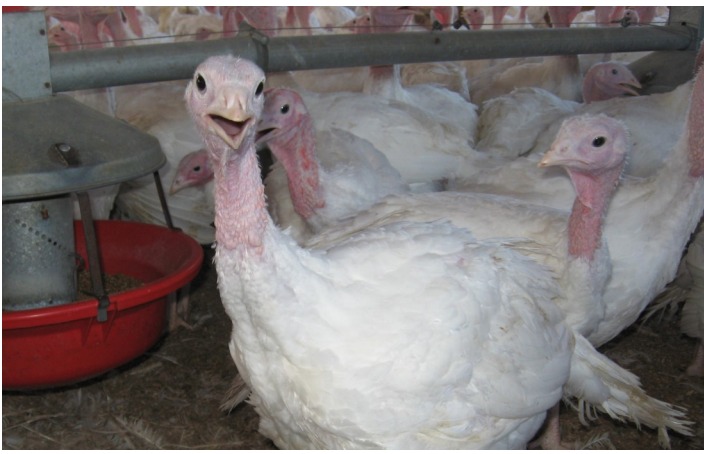
Bob Mackin
More than 620,000 British Columbia chickens and turkeys died in the “heat dome” in late June.
Documents released to theBreaker.news under the freedom of information law contained preliminary estimates of 500,000 dead during the sizzler.

(B.C. Chicken Marketing Board)
A June 29 situation report said B.C. Chicken Marketing Board estimated more than 250,000 mortalities, B.C. Egg Marketing Board 150,000 perished hens, and B.C. Broiler Hatching Egg Commission 25,000 dead birds.
B.C. Turkey Marketing Board reported six farms with significant loses.
“One farm housing 50,000 toms (750,000 kg) approaching shipping were lost as of late Sunday, with an additional farm of 11,000 hens that died Sunday-Monday, these birds were also approaching shipping weight,” the provincial government’s situation report said about the turkey scene.
The situation report from the Ministry of Agriculture indicated other challenges existed, from labour shortages to mass-disposal of carcasses.
“Continuous daily large mortality events will likely stress” West Coast Reduction and commercial composters, the report said. Gasification, on-farm compositing and landfill were alternatives, in that order.
Last week, B.C. Chicken told theBreaker.news that it counted 416,146 birds lost out of 2.5 million placed on 46 farms — a rate of 16%.
In its updated figures, B.C. Egg said it lost about 144,000 laying hens and pullets (young hens). There was no loss of food-quality eggs that are stored in walk-in fridges, said Amanda Brittain, director of communications and marketing.
B.C. Turkey lost 61,000 birds — 2.4% of production and a more than $2 million direct hit to farmers.
Add it all up, and that’s 621,146 chickens and turkeys lost in the heat dome.
“Despite these losses, all turkey farmers remain active in the province,” said B.C. Turkey general manager Michel Benoit. “Although we have heard that both levels of government are considering recovery programs for farmers impacted by the heat dome, no special compensation has been offered to poultry farmers.”
The June 29 ministry situation report said there were three major concerns across horticulture (energy usage and costs, cooling systems struggling to keep up with demand and heat stress on labourers) and livestock (animal welfare, animal transport avoided or only at strategic times to decrease stress and untimely deaths, and heat related sudden death.)

(B.C. Turkey Marketing Board)
Meanwhile, Nov. 1-released figures from the B.C. Coroners Service say at least 595 humans died from the June 25-July 1 heat wave.
At least 526 deaths occurred during that period, and the rest in days and weeks afterward due to injuries suffered in the heat wave. Three-quarters were in the Fraser Health (273) and Vancouver Coastal (120) regions, with 69% aged 70 or older.
The investigation will continue, with a report by late spring 2022.
The NDP government has deflected criticism that it failed to adequately warn the public and industry about the heat wave. It did not centrally communicate or coordinate after Environment Canada’s June 23 warning of a “dangerous long duration heat wave.”
Premier John Horgan was forced to admit his government was focused instead on the July 1 deadline to lift pandemic public health restrictions.
Minister of Health Adrian Dix has consistently blamed climate change for what he called an “unprecedented,” once in 1,000 years disaster, ignoring the 1925 heat wave that occurred during the same week of June when B.C. receives maximum daylight. Like 2021, the 1925 heat wave stretched all the way down the West Coast and far inland.
On theBreaker.news Podcast, University of Washington atmospheric sciences Prof. Cliff Mass said the Pacific Northwest has warmed by 1 degree Celsius over the last 50 years. But, in the aftermath, politicians, activists and even some in the media exaggerated the role of climate change as a “political tool.”
“If you blame everything on global warming and fossil fuels, then you don’t do what’s needed to save and protect the population,” Mass said.
Support theBreaker.news for as low as $2 a month on Patreon. Find out how. Click here.











